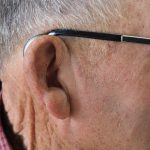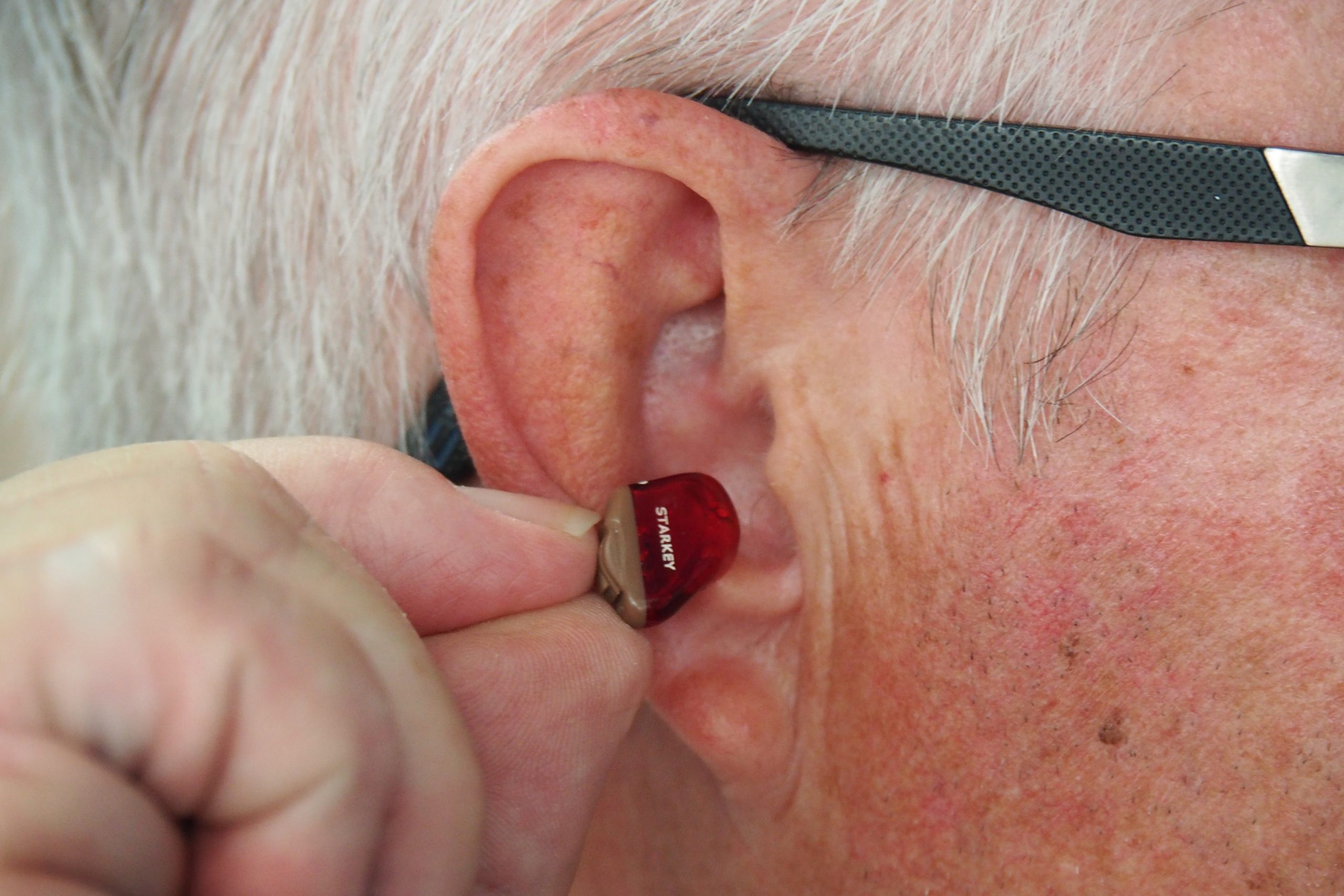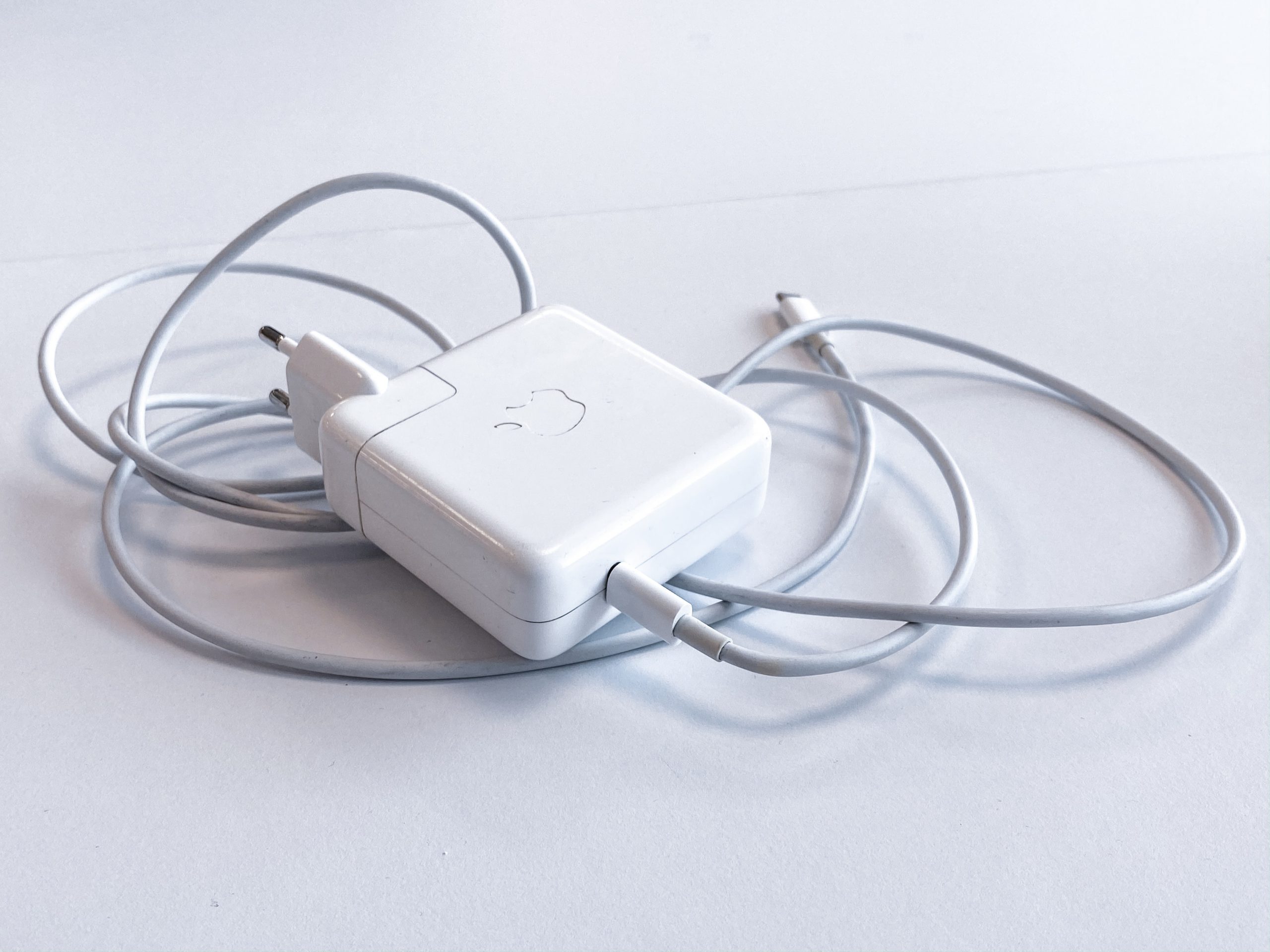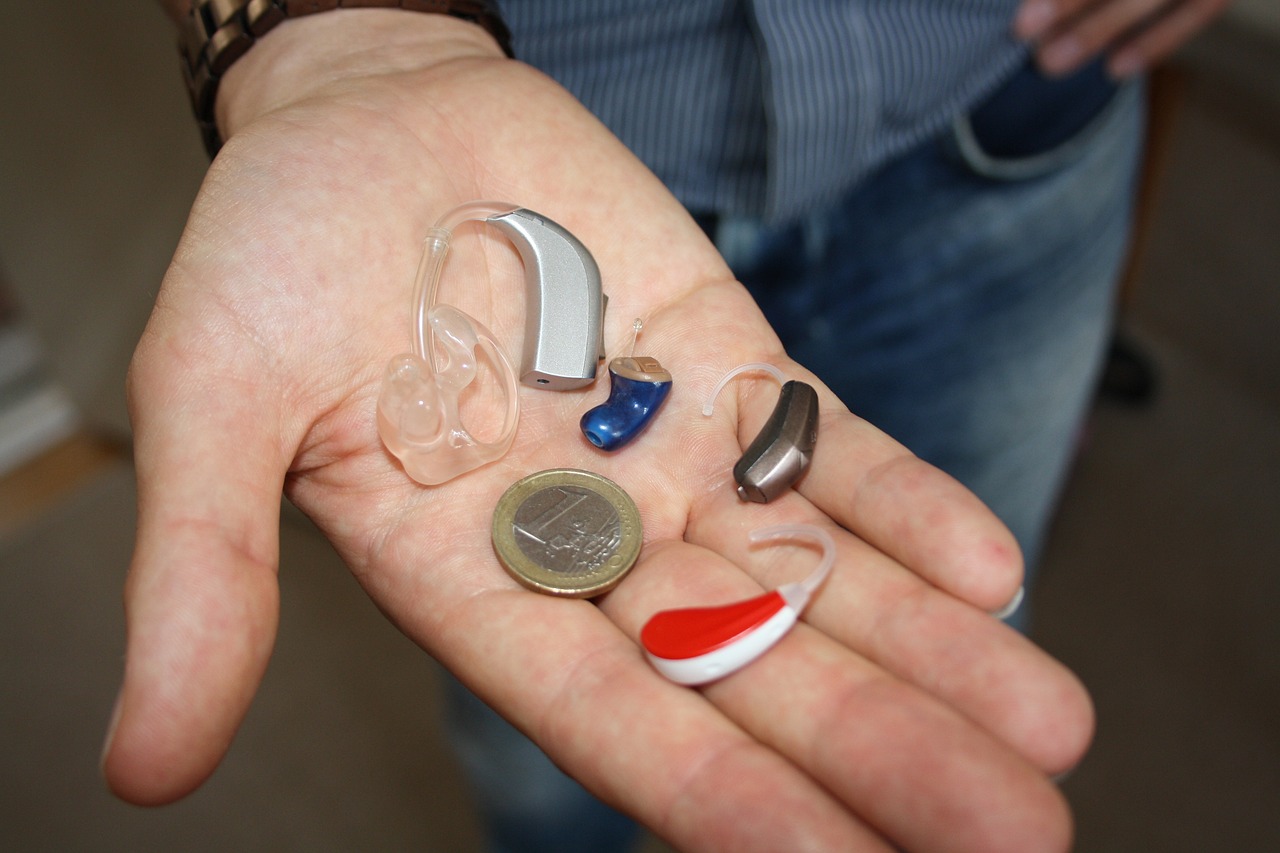
This article has been audited and reviewed by Dr. Ben Thompson, an audiologist and tinnitus expert. For more information about Dr. Thompson, click his name or read his bio below the article!
In the US, around 48 million people have a hearing impairment. Furthermore, this number is expected to rise to 73 million by 2060. Despite this, hearing aids are still not as widespread as one would expect from such a number. There are still a number of factors keeping many people from the hearing help they need.
Enter: Over The Counter (OTC) hearing aids. This new category of hearing aids will be a great opportunity for customers to purchase the devices they need with lower prices and higher accessibility.
Contents
- 1 Over-The-Counter Hearing Aid Act of 2017: What You Need to Know
- 2 Who Are OTC Hearing Aids For?
- 3 How Are They Different From Traditional Hearing Aids?
- 4 How Effective Are The Best OTC Hearing Aids?
- 5 What Are The Pros of OTC Hearing Aids?
- 6 What Are The Cons of OTC Hearing Aids?
- 7 Before You Buy OTC Hearing Aids
- 8 In Conclusion…
Over-The-Counter Hearing Aid Act of 2017: What You Need to Know
In August 2017, President Trump signed the OTC Hearing Aid Act of 2017 to make hearing aid devices more accessible to consumers by allowing over-the-counter purchases without a prescription. According to this act, OTC hearing aids are intended to be used by those with mild to moderate hearing loss. The act removes the requirement of a medical evaluation, so consumers will be able to purchase OTC hearing aids directly from retail or online stores. However, the FDA is still expected to publish regulations for this new category.
Check out our article on this new law for more specific information.
Who Are OTC Hearing Aids For?
With the market for hearing aids about to open up to consumers, it’s important to understand whether an OTC hearing aid is right for you, or if you should still go the traditional route and see a trained hearing specialist. As we mentioned earlier, over-the-counter hearing aids are meant for those with mild to moderate hearing loss.
If you answer yes to the questions below, then you may want to look into an OTC hearing aid.
- Do people comment on how loud you have the TV or stereo volume set?
- Do people’s voices sound muffled?
- Do you find yourself asking people to repeat something they’ve said often?
- Do you struggle to understand conversations when you’re in a group?
Furthermore, according to a study published on NCBI, older people tend to underestimate their hearing impairment, while younger adults tend to overestimate their hearing loss.
It is also known that you can slow down the decline of your hearing loss with a properly fitted hearing device. Hearing aids help preserve the neurological function of the hearing system by slowing down auditory deprivation. So, young adults may benefit a lot from OTC hearing aids, as they are more accessible compared to traditional devices.
OTC hearing aids may be a better choice for the current generation, where hearing loss prevalence is increasing in young adults.
How Are They Different From Traditional Hearing Aids?
Currently, the two major categories of hearing enhancement devices available to consumers are hearing aids and PSAPs (personal sound amplification products).
The key difference between the two devices is that hearing aids are medical devices intended for people with hearing loss, and PSAPs are not – they are devices intended for people with normal hearing who want to enhance their hearing to hear better in certain environments.
PSAPs are available today online and from retail stores like pharmacies and electronic stores. Hearing aids require an evaluation and prescription from a hearing health professional.
OTC hearing aids will introduce a third option to the consumer. These devices will still be regulated by the FDA but will be available to consumers without the need for a prescription by a hearing specialist. That means both the accessibility of a PSAP and the quality assurance of a hearing aid.
How Effective Are The Best OTC Hearing Aids?

Because OTC hearing aids are not available for retail yet, that is, unfortunately, a question we can’t answer yet.
However, the future looks promising. Scientific studies are already showing the effectiveness of these devices. In a clinical study of over 100 patients reviewed by the FDA, the AARP reports that on average OTC hearing aids were comparable to devices fitted by a hearing professional.
This is reassuring to people who are considering a purchase when they come out.
What Are The Pros of OTC Hearing Aids?
The main pros of OTC hearing aids are accessibility and price. We have already mentioned that they will be more easily available because they do not require prescriptions. At the same time, since the entire hearing test, fitting, and the adjustment process is eliminated from the purchase, OTC hearing aids will most likely be much cheaper than current hearing aids.
These are the two biggest hurdles for acquiring hearing aids removed at the same time! It’s important to keep in mind, however, that these devices are only for those who have a mild to moderate level of hearing loss. The only way to confidently determine your level of hearing loss is with a hearing test by an audiologist.
Furthermore, hearing aids themselves come with a number of positive effects, such as an improved social life and lower chance of developing health issues such as dementia (when compared to individuals with untreated hearing loss). The introduction of OTC hearing aids could mean these same benefits at a lower price!
What Are The Cons of OTC Hearing Aids?
The benefits of OTC hearing aids are very clear; many people who didn’t have the luxury of traditional hearing aids will have the opportunity to hear better and change their lives.
However, there are always cons to a good solution.
While greater access to hearing aids is a good thing, the fact that there is no hearing test and fitting process may be a risk for the user – without proper information or professional guidance, the chance of misuse increases. Where a hearing care specialist would have used their professional knowledge and suggested a good device, the burden is on consumers to choose an appropriate OTC hearing aid.
Continued usage of an ill-fitting hearing device can also cause further damage to the ear, worsening the hearing loss.
Before You Buy OTC Hearing Aids

Like any other long-term purchase, there are precautions to take when making an investment in your hearing assistance. Although the FDA will regulate OTC hearing aids, it may be difficult to choose the best quality OTC hearing aid option. Here are some guidelines to follow:
- Read reviews from other customers and look for quality ratings
- Investigate the technology that the hearing aid describes. Specifications can become complicated, so take your time to read the fine print.
- Look at the return policy to make sure you can get a refund if the device does not meet your needs.
- Buy from a reputable website and reliable company.
It’s also important to remember that OTC hearing aids are not for children or those with severe hearing loss. That’s because OTC hearing aids might not be able to amplify sounds enough to help those with severe hearing loss.
Finally, you should see your doctor if you are experiencing pain, vertigo, or fluid in the ear. These can be symptoms of a medical condition that requires medical attention and treatment; no hearing aid is going to help here!
In Conclusion…
The introduction of over-the-counter hearing aids is certainly a big market change to look forward to – it will open up better options to customers, hopefully raising the penetration rate of hearing aid use in people with hearing loss.
However currently, it is unclear when they will be available to consumers, and as mentioned before, untreated hearing loss has adverse side effects. If you are considering a hearing device, you may want to seek help now instead of waiting until over-the-counter hearing aids hit the market.
If you don’t have hearing aids and are wondering where to start, try our online hearing test here and see your results!
Article edited by Dr. Ben Thompson – Au.D. (Audiologist)

Dr. Ben Thompson is an audiologist and tinnitus expert. Dr. Thompson is the founder of PureTinnitus.com. He completed his residency at the University of California at San Francisco (UCSF) and is a past board member of the California Academy of Audiology.
Via telehealth, Dr. Thompson provides tinnitus retraining therapy online. He hosts a YouTube channel, podcast, and tinnitus group coaching program to help individuals with hearing loss and tinnitus.
The information in this guide has been written using the following reliable sources:
nidcd.nih.gov, longevity.stanford.edu, ncbi.nlm.nih.gov, journals.lww.com, nidcd.nih.gov, en.wikipedia.org/wiki









